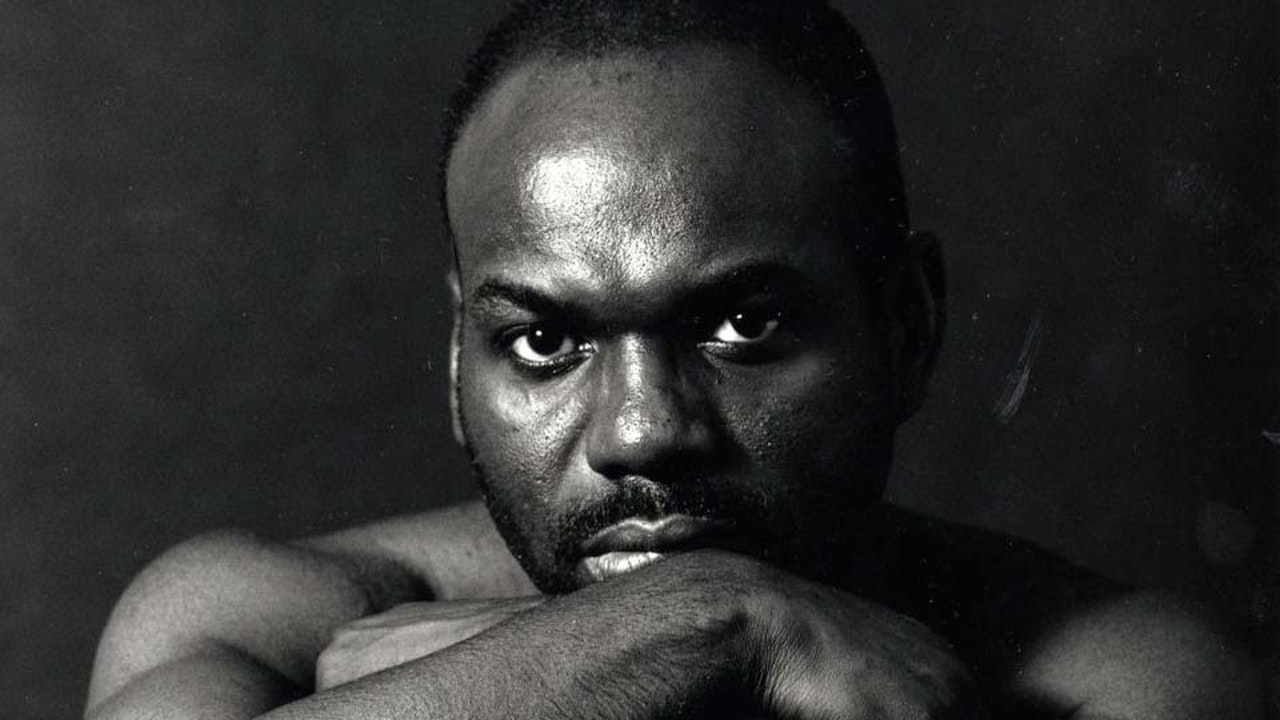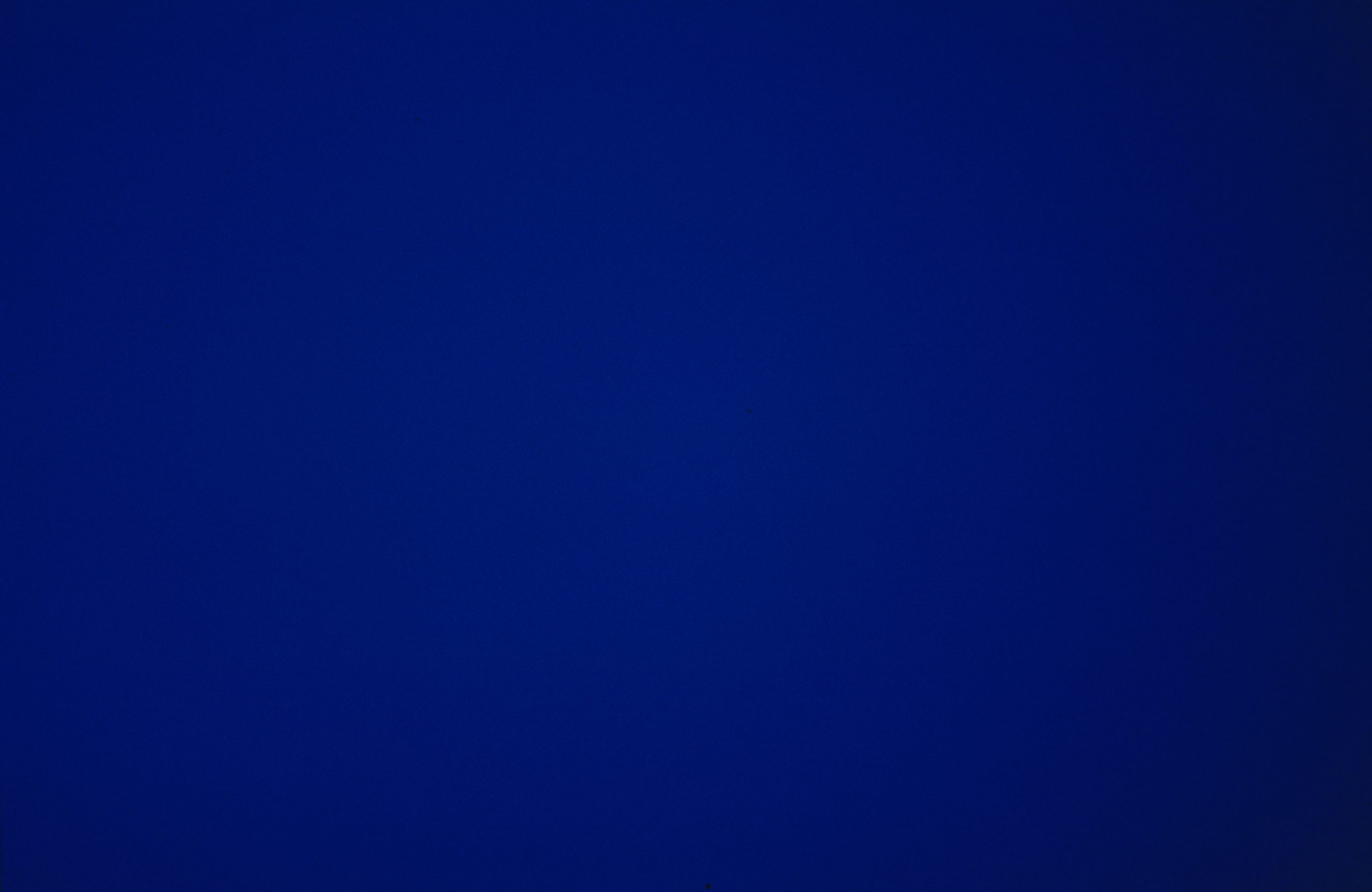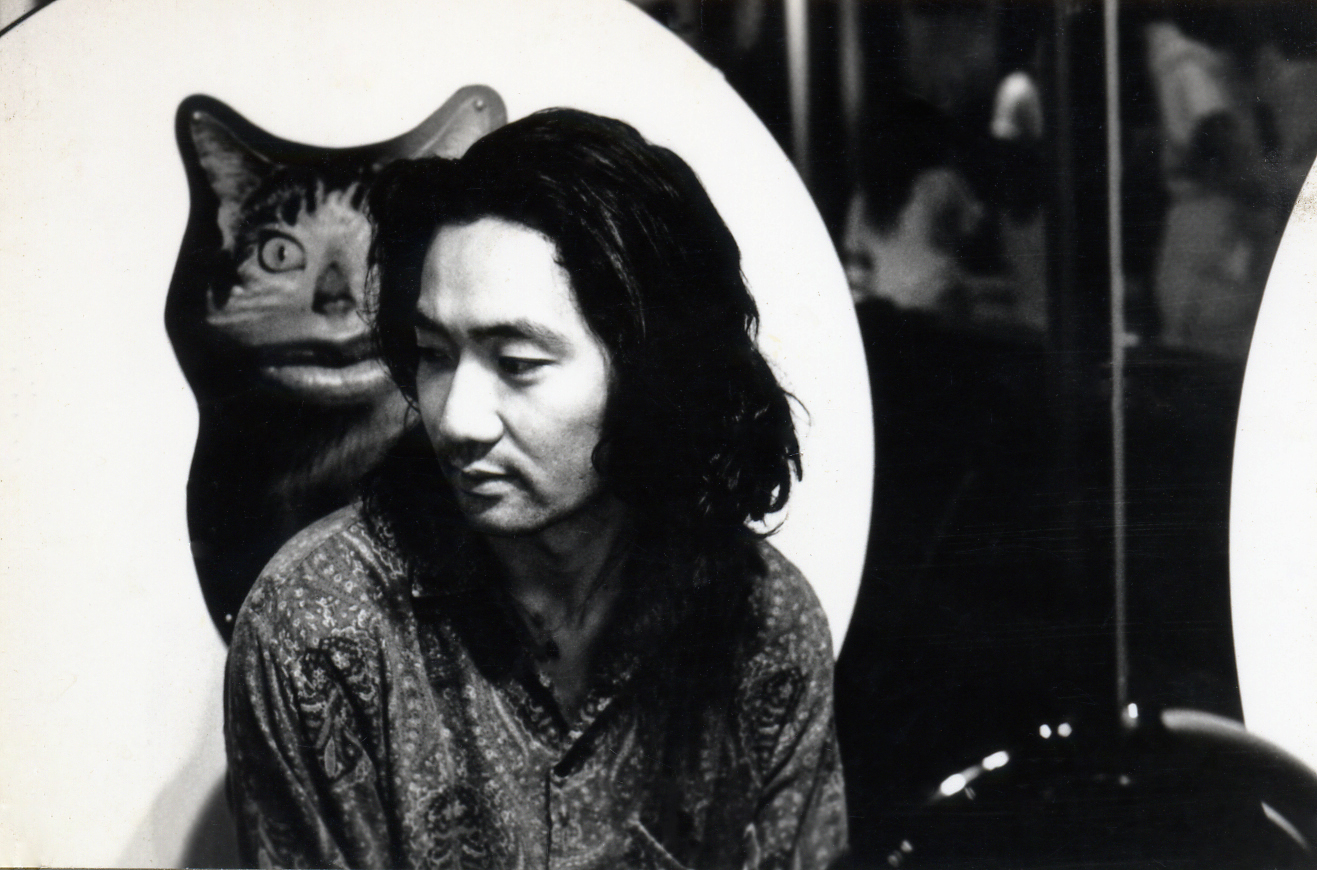Laura Mulvey in Discussion
Today Laura Mulvey's RIDDLES OF THE SPHINX begins exclusively streaming on OVID. In this companion video, Mulvey discusses her feminist manifesto "Visual Pleasure and Narrative Cinema" along with filmmakers Joanna Hogg and Isaac Julien as well as academics John David Rhodes, Tamar Garb, Mandy Merck and Emma Wilson.
A New Podcast *Just* on OVID!
Check-out OLL ABOUT OVID, a film podcast, where hosts B Peterson and Witney Seibold take a deep dive into the OVID catalog. Look for The Screen's Margins wherever you listen to podcasts.
Popular This Week on OVID: Celebrating Pride with “So Pretty”, Carlos Reygadas’ “Our Time” and more
Our viewer's top picks for the month of June, available to stream now on OVID.tv.
OVID’s July Releases: Celebrating Maya Deren, Yury Grigorovich, Derek Jarman, Pablo Larrain, Chris Marker, Jim McBride, Laura Mulvey and Peter Wollen, Kevin Rafferty, Malick Sidibe, Andrei Tarkovsky & many more!
OVID.tv, the curated streaming destination for documentary and art-house films from around the world, announces its wide-ranging selection of films coming in July.
A Discussion with Dominga Sotomayor
A discussion with Chilean filmmaker Dominga Sotomayor moderated by Carlos A. Gutierrez, the co-founder of Cinema Tropical.
OVID’s June Releases: Carlos Reygadas’ “Our Time,” 6 Films by Chilean Director Dominga Sotomayor, Streaming Premiere of Dieudo Hamadi’s “Downstream to Kinshasa” & 3 films from Sentient Art Film
OVID.tv, the curated streaming destination for documentary and art-house films from around the world, announces its wide-ranging selection of films coming in June.
Panel Discussion with Anand Patwardhan and Distinguished Professors
Academic streamer Docuseek hosted a live panel discussion and Q&A with award-winning filmmaker Patwardhan and distinguished professors to discuss the state of India and Patwardhan's films, which Screen Slate calls "pivotal as playbooks for fighting back, as both histories and vehicles of resistance."
Member Movement & Conversion and Churn through 20 May 2021
The last time I wrote a note about our membership numbers, it was early March, right after the end of Black History Month, and indeed OVID enjoyed a nice uptick in sign-ups throughout February. Unfortunately, many good things come to an end, and it seems like a higher than usual percentage of those new people then canceled their subscriptions in March.
Eugenio Polgovsky on Art and Fear
Eugenio Polgovsky delivers a talk about art and fear in his work.




